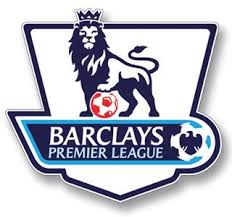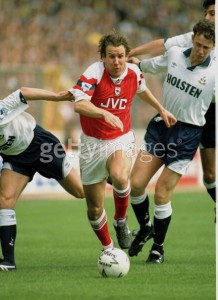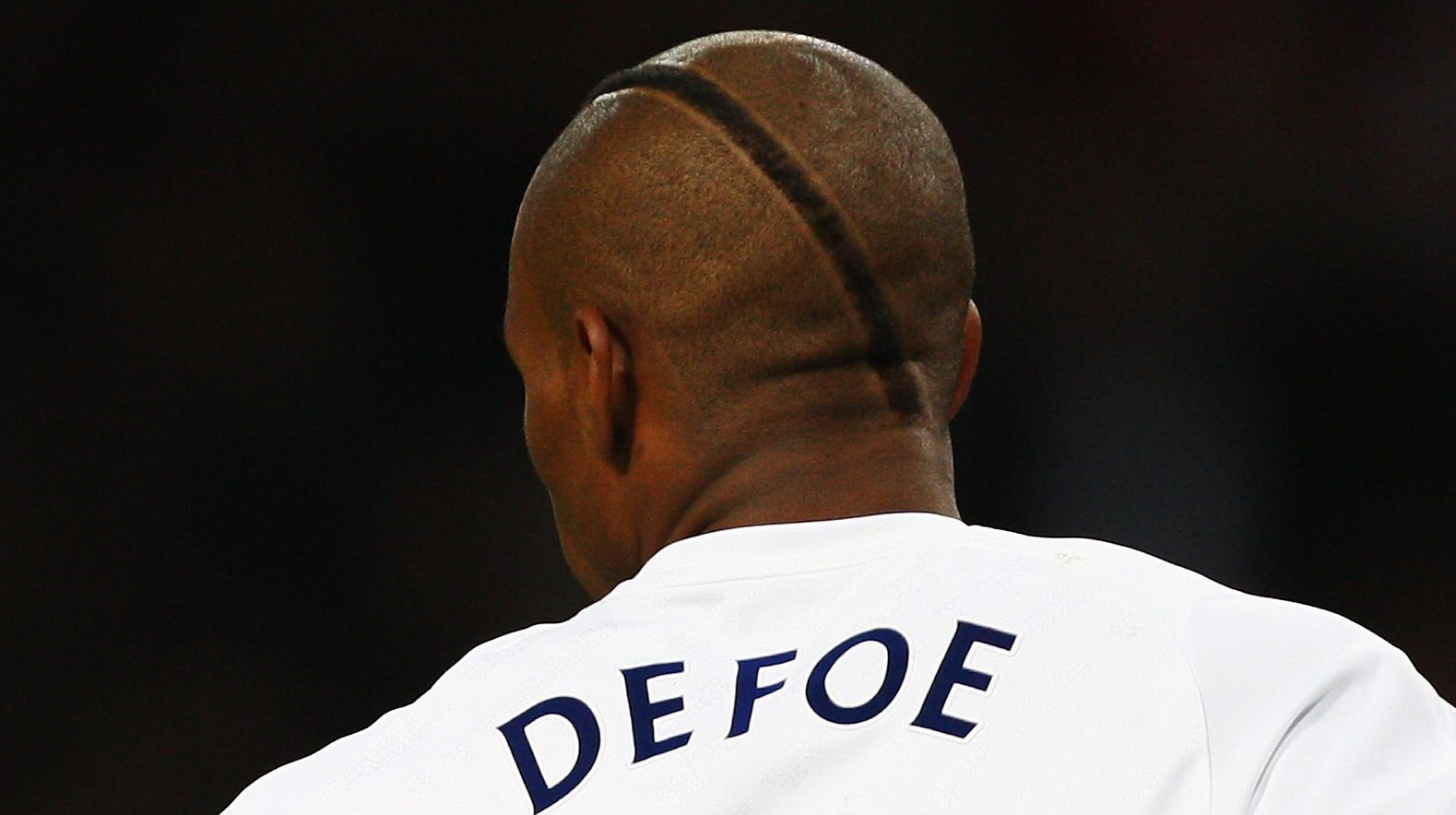 The 19th Premier League season begins on August 14th with an exciting round of opening fixtures, including last season’s 4th and 5th placed teams, Tottenham vs. Manchester City, and two of the “traditional” big 4 squaring off when Liverpool play Arsenal on Sunday 15th. I say “traditional” because it’s good to remember that things weren’t always like this.
The 19th Premier League season begins on August 14th with an exciting round of opening fixtures, including last season’s 4th and 5th placed teams, Tottenham vs. Manchester City, and two of the “traditional” big 4 squaring off when Liverpool play Arsenal on Sunday 15th. I say “traditional” because it’s good to remember that things weren’t always like this.
Nowadays, the Premier League is the biggest league in the world with huge television revenues and very little turnover in terms of who competes for the title or finishes in the top 4 spots, which bring with them Champions’ League qualification and more money to boot. But this oligarchic nature of the top flight of English football is a product of the Premier League structure rather than something that has always been in existence. In its first season, the Premiership looked much different, and was a lot less predictable.

Arsenal and Chelsea finished with the same number of points, but a better goal difference meant that Arsenal clinched…10th place, with Chelsea 11th. The top 5 were as follows: Manchester United won the title, but that was their first championship for 26 years. It’s easy to think of them as always being the best team but, like the Yankees from ’78 to ’96, Manchester United had a sustained drought through the 80s and this first title was a huge deal for the club.
Aston Villa took second place having lead the table for the first half of the season, followed by Norwich (who last season were in the third tier of English football) then Blackburn and 5th was Queen Park Rangers. Below Chelsea in 11th, only one team is still in the top flight (Everton in 13th), the rest (Sheffield United, Coventry City, Ipswich Town, Leeds United, Southampton, Oldham Athletic, Crystal Palace, Middlesborough, Nottingham Forest and the artists formerly known as Wimbledon, now MK Dons) have dropped out and many have experienced financial hardships as a result.
Since that first season, slowly the oligarchy has developed. Manchester United were the first to stake their claim, winning 4 of the first 5 titles, then Arsenal joined them as a “Top 2” when Arsene Wenger became their manager and Champions League qualification was opened up to Runners Up as well as Champions, and latterly Chelsea and Liverpool completed the top 4.

Liverpool are the paupers in this foursome, dominant of English football throughout the 80s, they are the only ones of this group not to have won a Premier League title, but this season marks only the 2nd time since 2001 they have not qualified for the Champions League. In total, only four teams have won the Premier League, with Blackburn being the only outsiders to have done so (in the third Premiership season), financed by Jack Walker’s millions.
The titles have been shared thusly: Manchester United (11); Arsenal (3); Chelsea (3); and Blackburn (1). Chelsea only managed to join this elite band thanks to Abramovich’s billions (which would not have been invested in the club without the Premier League becoming a fashionable cash cow and Chelsea squeezing into the Champions League on the last day of the 2002/3 season, both of which made them an attractive investment at a time they were in financial difficulties). Prior to the formation of the Premiership, Chelsea had not won any trophy since 1971 (the Cup Winners Cup) and were attracting average crowds of under 10,000 in the late 80s. In short, under the “history” section of their Wikipedia entry, there’s just a blank space (says a bitter Spurs supporter…)
And Now…
So where has this left us? It could be argued that it has resulted in one of the most predictable leagues in the world. For example, a few things you could put a cast-iron guarantee on:
The top 4 will consist of teams from this group: Chelsea, Arsenal, Manchester United, Manchester City (another newly rich club), Tottenham and Liverpool. Of these, only Chelsea, Arsenal and Manchester United have a realistic shot at winning the title, with Manchester City a very outside bet merely because of their finances.
The 3 relegation spots will be filled by any of these (starting with the most likely to go down): Blackpool, Wolves, Wigan, West Brom, Blackburn, Bolton and Newcastle. You could talk me into West Ham and limited resources could see Stoke brought into it, but basically this group of 7 will be fighting to avoid being in the bottom 3.
As for the rest, they’re playing for minor honours, maybe a Europa League qualifying spot, perhaps an exciting cup run. Fans of Everton, Aston Villa, Sunderland and Fulham know that they are unlikely to do much more, but have little fear for having a relegation battle to contend with. Last season was the one realistic opening for teams to have a chance of breaking into the top 4, and Tottenham were able to take that opportunity. Whilst Liverpool remain vulnerable to staying out of the top 4, Spurs and Man City both look very strong and it’s unlikely both of them would fail to make the Champions League berths.

My (predictable) predictions for the season:
Top 4: 1. Chelsea; 2. Arsenal; 3. Manchester United; 4. Manchester City (the Spurs fan in me has to say also, Tottenham 5th)
Bottom 3: 20. Blackpool; 19. Wigan; 18. Wolves
Top goalscorer: Defoe
FA Cup Winners: Tottenham (I have to!)
League Cup Winners: Liverpool
I’ll be writing a more detailed preview of Tottenham’s upcoming season. The draw for their Champions League qualifier is on Friday August 6th and, once this is made, I will look at their chances in this and their attempts to cement their place in the top four of the league.

